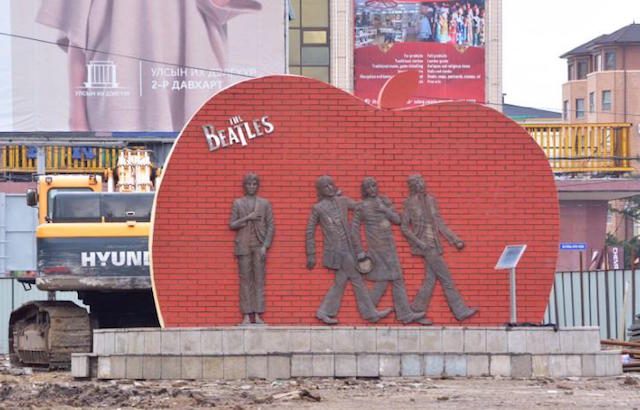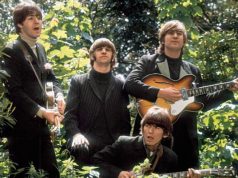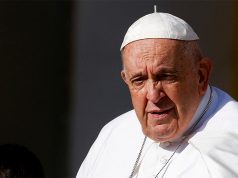
ULAANBAATAR | A statue of the Beatles in the Mongolian capital of Ulaanbaatar could be at risk amid an alleged land grab, protesters say, as rapid development turns a city once famed for wide open spaces into a cluttered metropolis.
Residents are protesting against plans to build commercial properties in an area known as Beatles Square, where a bronze bas-relief monument to the “Fab Four” commemorates the former Soviet satellite’s transition to democracy in 1990.
“For a long time there were stories about construction on the land, but nobody wanted to believe it,” said Tsoggerel Uyanga, a community organizer and senior partner at research group MAD Investment Solutions.
The monument, erected in 2008 with donations from politicians, businessmen and artists, marks the site where Mongolians gathered to talk about banned Western pop music and soon became a quirky tourist attraction.
The music of the Beatles, Abba, and other Western pop groups helped launch the “Rock and Roll Communist Revolution” that inspired a generation to fight for Mongolian democracy thirty years ago.
The protests began after an August 2 announcement that construction work would start, with residents calling the project a “land grab” and expressing fears the Beatles statue could be moved or even demolished.
Authorities have defended the development as part of a “car-free street” project to build an underground shopping complex complete with street gardens.
A lawyer for Mongolia’s National Construction Association said there were no plans to remove the Beatles statue, however.
“By implementing the project, there are a great deal of advantages, such as increasing jobs and reducing traffic congestion,” said D. Uuganbayar, the lawyer.
The national association, the city government and a private contractor called “Buti” are leading the project.
Congestion and pollution have grown in the capital as its population has doubled over the last two decades, with thousands of impoverished herders flocking to settle in makeshift residential areas.
The strain on Ulaanbaatar’s infrastructure has forced the city to rethink its planning of urban spaces, and drawn criticism for the sale of public land to wealthy buyers.
Investors have failed in the past to deliver on promises to protect public spaces affected by development, Uyanga said, pointing to the Bogd Khan conservation area where the World Bank had raised concerns about overdevelopment.
“It became a black market for land authorities during the early democratic years,” said Uyanga.









